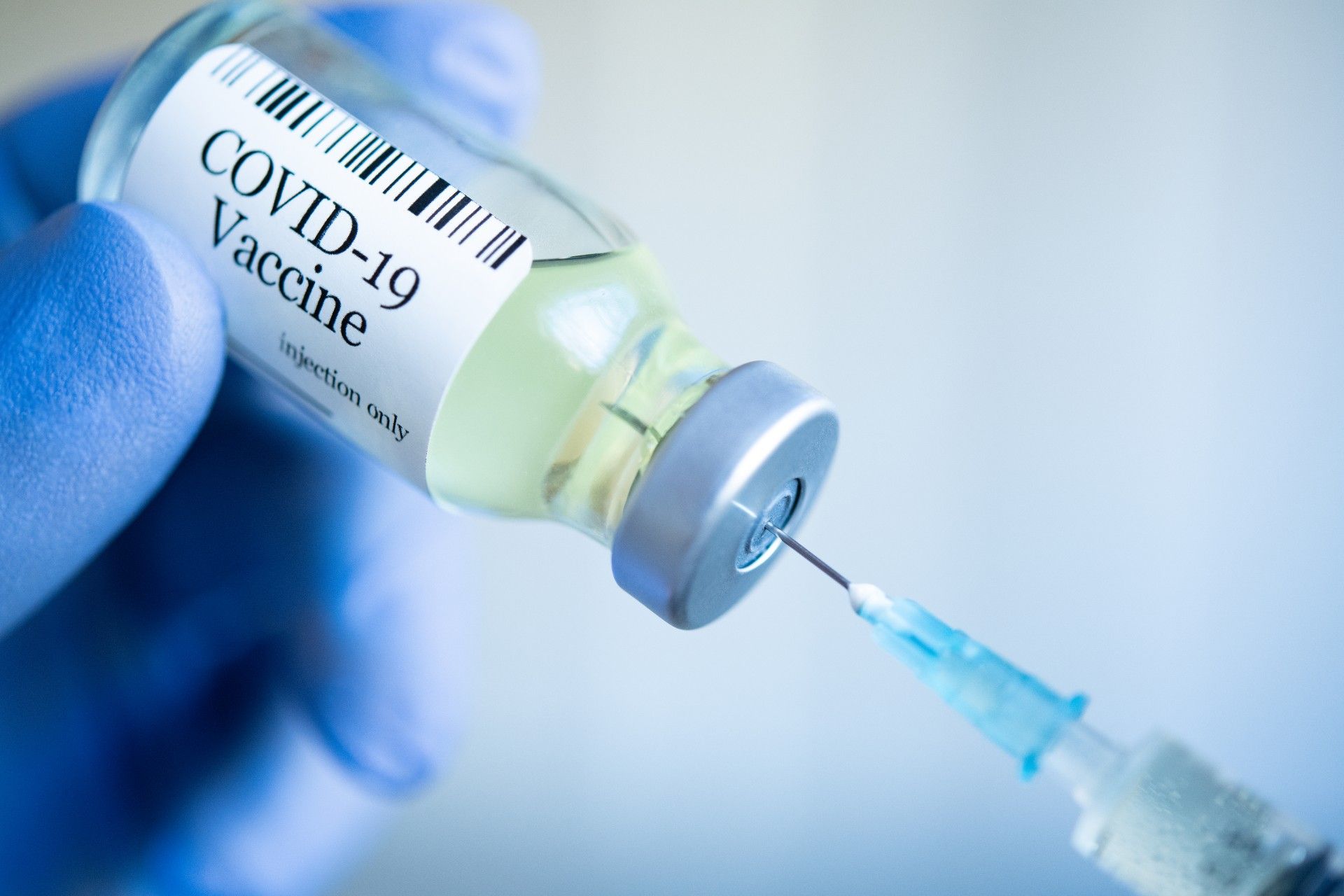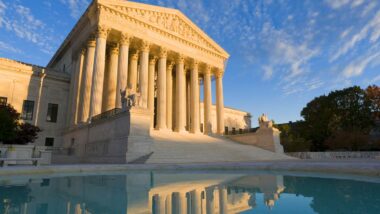Top Class Actions’s website and social media posts use affiliate links. If you make a purchase using such links, we may receive a commission, but it will not result in any additional charges to you. Please review our Affiliate Link Disclosure for more information.
A U.S. Centers for Disease Control and Prevention (CDC) panel has approved a plan detailing the rollout of a coronavirus vaccine.
The Advisory Committee on Immunization Policies voted 13-1 Tuesday on the plan, which prioritizes who gets vaccinated into different phases.
In Phase 1A, the nation’s health care workers and those living in long-term care facilities will be given the first round of coronavirus vaccines.
It’s a sizable portion of the U.S. population, according to The New York Times, with an estimated 3 million living in the long-term care homes alone. There are some 21 million Americans working in health care jobs.
Pfizer and Moderna have only produced enough coronavirus vaccine to inoculate 20 million people by the end of year, the CDC reports.
This gap between supply and demand means for a few months there won’t be enough coronavirus vaccines for these groups.
“Figuring out where to use them in a priority group is going to be a hard question,” Yale School of Health assistant professor Jason Schwartz told Vox.
Not only is the supply limited, but the guidance from the CDC remains unclear.
Right now, the panel’s plan recommends healthcare workers with “direct patient contact” get vaccinated. That could mean doctors and nurses, as it typically does, experts say, but also any staff at risk of being exposed too.
“There’s a huge difference between say a dermatologist that’s doing cosmetic surgery in a private office and somebody who’s in a Covid-19 ward in a large inner-city hospital,” Lawrence Gostin, director of the O’Neill Institute for National and Global Health Law at Georgetown University, told Vox. “It would be enormously helpful if there could be a greater stratification based upon risk of the health worker.”
Nancy Messonnier, head of the CDC’s National Center for Immunization and Respiratory Diseases, says they can provide enough coronavirus vaccine to cover most states and large cities within three weeks.
“Issues here regarding sub-prioritization will be very short-lived and the need for more detailed guidance is reduced” if this happens, Schwartz said.
Once U.S. health care workers and long-term care residents are vaccinated, the secondary phase — Phase 1B — as it stands now will tackle delivering the coronavirus vaccine to essential workers. The New York Times reports this group comprises about 85 million Americans.
The Department of Homeland Security has drafted a potential list states can consider as essential, including teachers and other school staff, first responders, grocery store workers, corrections officers, public transportation employees and other occupations that can’t be done from home.
After that group gets the coronavirus vaccine, adults who are over 65-years-old and people with medical conditions will be eligible. This includes those with diabetes or those who are obese.
The remaining adults following this group will be given the coronavirus vaccine next. Right now, teens under 18 and children are not able to get the vaccine as it hasn’t been studied on that age group yet, Britain’s vaccine task force chairperson Kate Bingham said, according to Reuters.

Pfizer’s and Moderna’s coronavirus vaccine is delivered by two different shots, given a few weeks apart.
In an interview with The Washington Post on Tuesday, Operation Warp Speed science adviser Moncef Slaoui said more than 150 million doses of the coronavirus vaccine will be available starting in March.
Until then, according to The New York Times, there will only be enough coronavirus vaccines to protect about 22% of the country’s 255 million adults.
The New York Times report cites Kentucky’s Gov. Andy Beshear, who told the press Monday his state is only slated to initially receive 38,000 doses of the coronavirus vaccine. Kentucky employs more than 200,000 health care workers, he added.
Some health experts say the CDC’s advisory committee should have provided this guidance sooner.
“It would have been helpful to have this a week ago,” Johns Hopkins Berman Institute of Bioethics founder Ruth Faden told Vox. “Tuesday’s guidance could have been more specific, particularly when it comes to how to immunize America’s health workforce.”
Since the coronavirus outbreak, many states have been defending mitigation measures from various groups.
Critics point to the World Health Organization and National Academies of Sciences, Engineering, and Medicine that have already published and distributed their plan for other countries on delivering the coronavirus vaccine.
The lone dissenting vote to not approve the coronavirus vaccine plan was from Helen Talbot, an infectious disease specialist from Vanderbilt, The New York Times reported. She said there was a lack of studies done to show how safe it is for the elderly.
Jose Romero, chairman of the advisory panel, said his vote to approve the plan was about “maximizing benefit and minimizing harm,” according to The New York Times.
Beth Bell, the panel’s co-chairperson, agreed.
“We need to act,” she said.
The “interim recommendation” by the CDC panel could change if more vaccines becoming available, according to The New York Times. It will be up to state governors to decide how these recommendations are implemented.
Are you confident in the coronavirus vaccine? Will you be getting one when it becomes available? Let us know why or why not in the comments below.
Coronavirus Lawsuits & Legal Issues
Since the COVID pandemic shut down the country, Top Class Actions has been keeping you up to date on the latest Coronavirus lawsuits and legal issues.
Read More Lawsuit & Settlement News:
ATTORNEY ADVERTISING
Top Class Actions is a Proud Member of the American Bar Association
LEGAL INFORMATION IS NOT LEGAL ADVICE
Top Class Actions Legal Statement
©2008 – 2024 Top Class Actions® LLC
Various Trademarks held by their respective owners
This website is not intended for viewing or usage by European Union citizens.
















2 thoughts onCDC Announces Coronavirus Vaccine Rollout Plan
Yes, I have been calling medical places around me to try to get it, but no luck!
add me please,I need this fast! Immediatley !